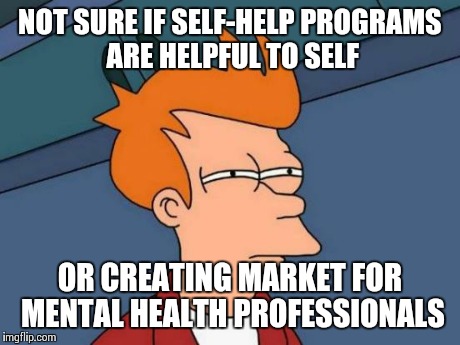Why It’s Important to Understand Different Health Professions
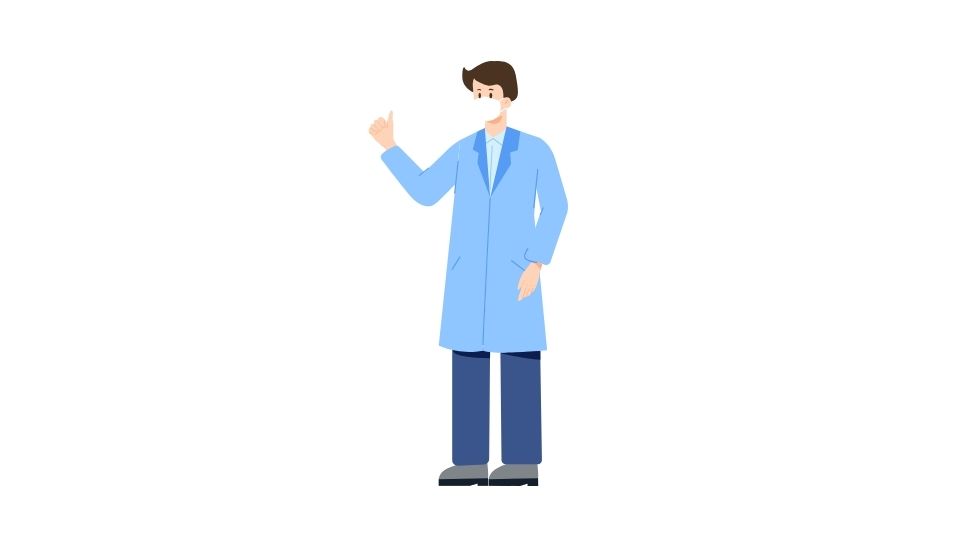
Ever wondered why there are so many types of health professionals? Is it just to confuse us?
Turns out understanding the difference between all these white-coated experts isn’t just nice-to-know information—it’s critical for getting the right care and avoiding medical mix-ups.
Think about it: would you ask a pharmacist to deliver your baby? Or have an EMT prescribe your heart medication? (I sure hope not!)
Let’s break down who does what in the healthcare world, why it matters, and how knowing the difference can literally save your life (or at least save you a lot of time and money).
The Healthcare Dream Team: Who’s Who
Healthcare isn’t a one-person show—it’s more like an orchestra with different instruments playing crucial parts. Let’s meet the band:
Doctors: The Conductors
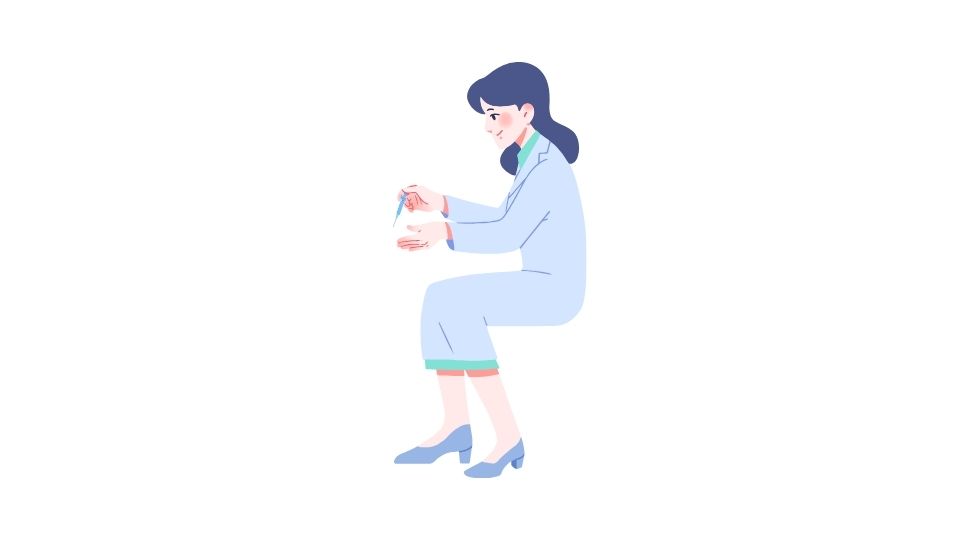
Medical doctors (MDs) are usually your first stop in the healthcare journey. They’re like the general managers of your health, diagnosing conditions, creating treatment plans, and coordinating with specialists when needed.
Unlike specialists who focus on specific body parts or diseases, general practitioners look at the whole picture. They’re trained to handle everything from your sniffles to that weird rash you got after hiking.
Think of them as healthcare quarterbacks, calling the plays and making sure everyone on your healthcare team works together.
Nurses: The MVPs
If doctors are the quarterbacks, nurses are the offensive line—the unsung heroes who keep everything running smoothly and protect you when you’re vulnerable.
Nursing isn’t just one job; it’s a whole career ladder:
Licensed Practical Nurses (LPNs) provide basic care and are often your daily point of contact in hospitals or nursing homes.
Registered Nurses (RNs) have more education and responsibility, implementing treatment plans, monitoring your condition, and coordinating your care. They’re the ones who catch problems before they become emergencies.
Advanced Practice Nurses like Nurse Practitioners can diagnose conditions, prescribe medications, and in some states, practice independently. Others specialize in areas like midwifery or anesthesia.
Fun fact: You’ll probably spend way more time with nurses than with your doctor during a hospital stay, which is why they’re often the face of healthcare for most patients.
Pharmacists: The Medication Masters
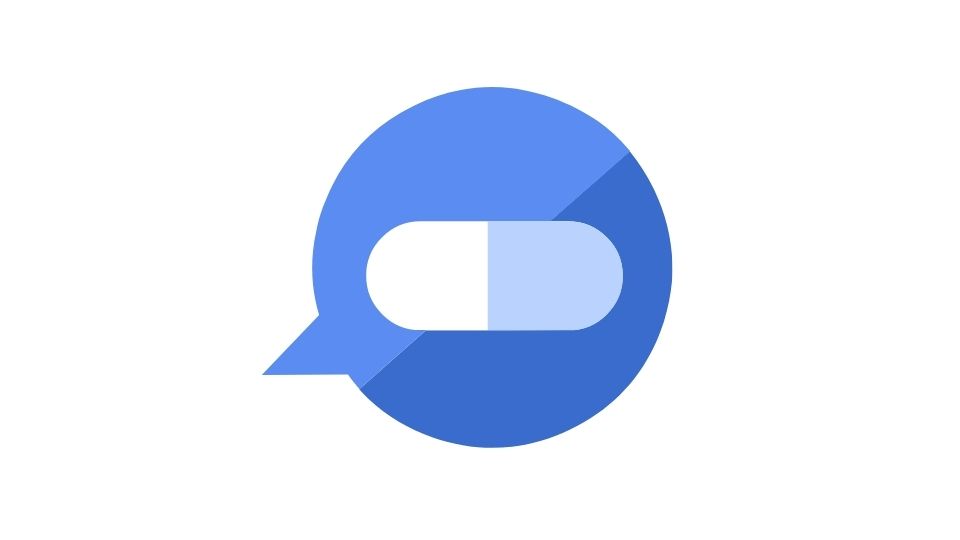
Pharmacists do way more than count pills. They’re medication experts who:
- Check that your prescriptions won’t interact badly with each other
- Make sure you’re getting the right dose
- Explain how to take medications properly
- Advise on side effects and when to call a doctor
They’re like the safety net between you and potentially dangerous medication errors. Next time you pick up a prescription, ask questions! Pharmacists are dying to share their knowledge (and potentially save your life).
Allied Health Professionals: The Specialists
This massive group makes up about 60% of healthcare workers and includes dozens of specialized roles:
Emergency Medical Technicians (EMTs) provide critical care before you even reach the hospital
Physical Therapists help you regain strength and mobility after injuries or surgeries
Respiratory Therapists keep you breathing when your lungs aren’t cooperating
Dietitians design meal plans that can manage diseases like diabetes or heart conditions
Speech-Language Pathologists help stroke victims communicate again
The list goes on: radiologic technologists, sonographers, phlebotomists, medical assistants—each with specific skills that contribute to the big picture of your health.
Why Understanding These Differences Is Actually Important
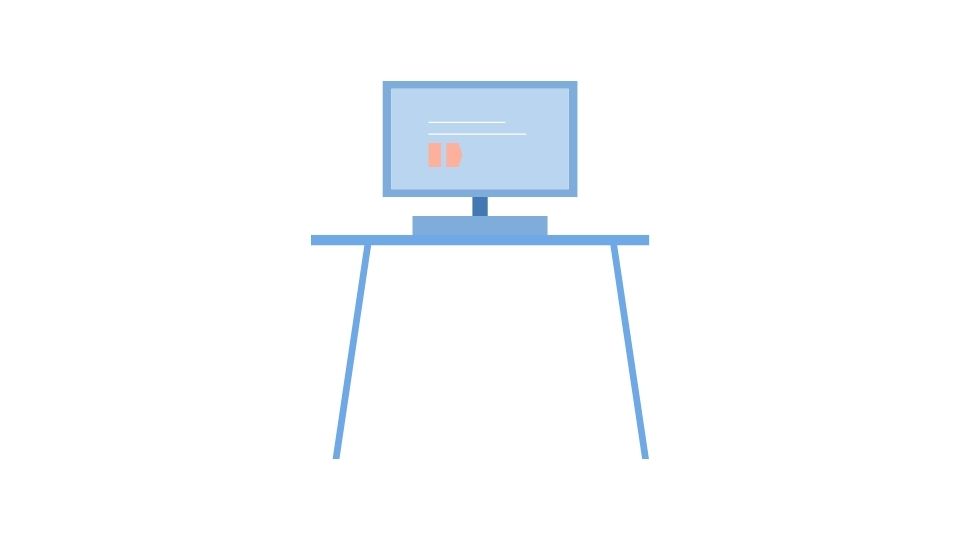
It Gets You the Right Care, Faster
Knowing who does what helps you skip the middleman and go straight to the right provider. Got a sports injury? A physical therapist might be your best first stop. Struggling with medication side effects? Talk to your pharmacist before waiting weeks for a doctor’s appointment.
This knowledge can save you time, money, and unnecessary suffering. It’s like having a map of the healthcare system instead of wandering around lost.
It Creates Dream Teams, Not Nightmares
When healthcare professionals clearly understand each other’s roles, they work together like a well-oiled machine. But when roles get confused? That’s when balls get dropped and patients suffer.
Studies show that interprofessional collaboration leads to better outcomes, fewer medical errors, and higher patient satisfaction. It’s the difference between a beautiful symphony and a bunch of people playing different songs at the same time.
It Keeps You Safe
Each healthcare professional has specific training that makes them experts in certain areas and novices in others. Understanding these boundaries helps prevent the “jack of all trades, master of none” problem in your healthcare.
For example, a study in the Journal of Patient Safety estimated that medical errors may be the third leading cause of death in the US. Many of these errors happen when professionals step outside their expertise or when communication breaks down.
It Gives You Control Over Your Health
When you understand who does what, you become an active participant in your care instead of a passive recipient. You can ask better questions, challenge recommendations when appropriate, and know when to seek second opinions.
This is especially important for those managing chronic conditions or coordinating care for loved ones. Knowledge is power, particularly when it comes to your health!
The Healthcare Professional Cheat Sheet
Here’s your quick reference guide for who to see for what:
| If You Need… | See This Professional | They Can… |
|---|---|---|
| General health checkup | Primary Care Doctor | Diagnose common conditions, prescribe medications, refer to specialists |
| Medication advice | Pharmacist | Explain drug interactions, recommend over-the-counter options, adjust timing of medications |
| Emergency care | EMT/ER Doctor | Stabilize life-threatening conditions, perform emergency procedures |
| Ongoing monitoring | Registered Nurse | Track vital signs, administer treatments, educate on self-care |
| Specialized treatment | Specialist MD (Cardiologist, Neurologist, etc.) | Diagnose and treat complex conditions in their specialty area |
| Rehabilitation | Physical/Occupational Therapist | Help recover function after injury or surgery |
| Mental health support | Psychiatrist/Psychologist/Counselor | Provide therapy, counseling, and (for psychiatrists) medication |
| Nutritional guidance | Registered Dietitian | Create meal plans for health conditions, address nutritional deficiencies |
How To Use This Knowledge
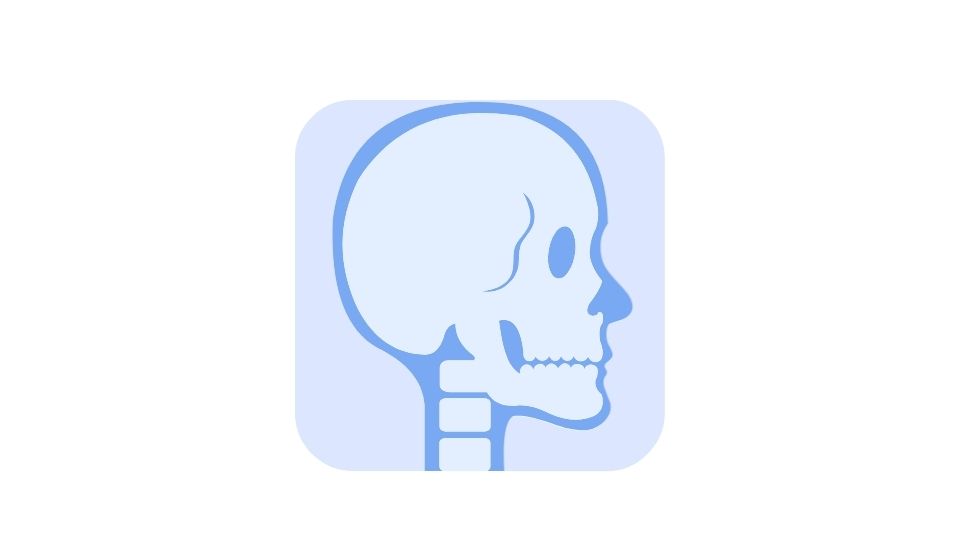
Ask questions: “What is your role in my care?” is a perfectly reasonable question for any healthcare provider.
Advocate for coordination: If you’re seeing multiple providers, ask how they’ll communicate with each other. The benefits of coordinated care are well-documented.
Know when to go where: An urgent care can handle your sprained ankle, but chest pain means go straight to the emergency room.
Understand your insurance: Different provider types may have different coverage levels. A visit to a nurse practitioner might cost less than seeing an MD for the same issue.
Build relationships: Find providers you trust in each category before you need them in an emergency.
The healthcare system is complex (some might say needlessly so), but understanding who does what doesn’t have to be. With this knowledge, you can navigate your care with confidence and get the best treatment from the right professionals at the right time.
Remember: in healthcare, as in life, knowing who to ask is often just as important as knowing what to ask!

